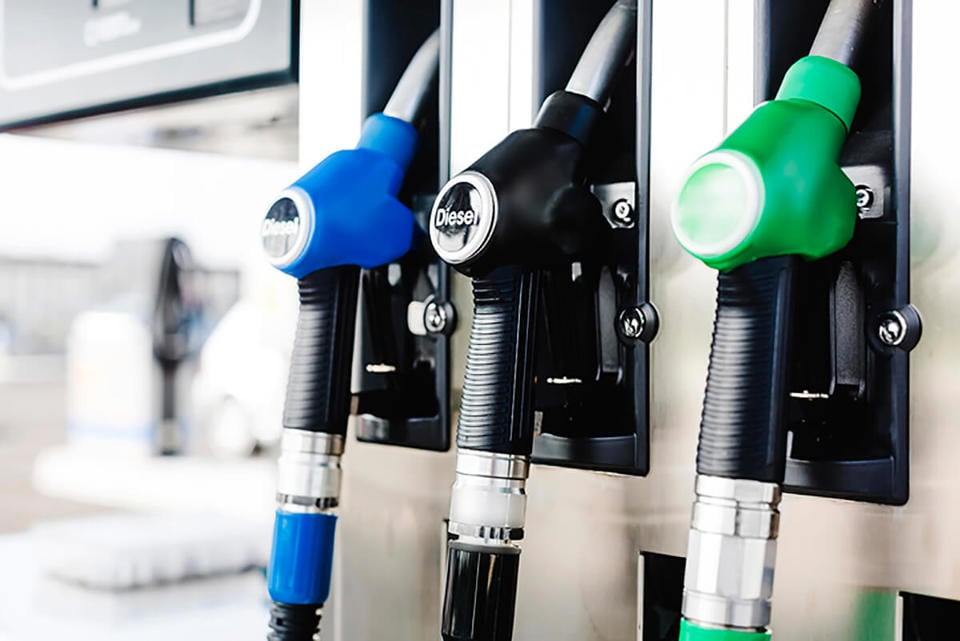A business lobby group is calling for a fuel duty freeze to save small businesses from spiralling costs.
The Forum of Private Business (FPB) is calling for the government to prevent an rise in fuel tax as struggling small businesses look to be hit by a 6% increase in the cost of fuel in less than 18 months.
Following today’s 2p rise in fuel duty, the FPB is calling on the Government to freeze a further increase planned for 2010 in its upcoming Budget, which will be announced on 22 April 2009, in order to ease the cost burden on businesses threatened by closure.
"Cost increases of this scale are not sustainable at the best of times, let alone in a recession," said the FPB’s Chief Executive, Phil Orford.
"There is no justifiable reason to raise duty on fuel further. The Government should freeze additional fuel duty increases in 2010 to help protect small businesses and jobs."
He added: "The logistics sector, in particular, is warning of significant business closures and job losses as a direct result of today’s 2p rise in fuel duty. The combined effect of these successive increases in the cost of fuel could be catastrophic for many small businesses across all industry sectors."
The previous increase in fuel duty took place in December 2008, following the Government’s Pre-Budget Report, having been postponed from April 2008.
The cost to business was offset by the 2.5% decrease in VAT. However, in January 2010, VAT is set to go up to 17.5%.
Following the next scheduled rise in fuel duty in April 2010, small businesses will have been hit by an increase in fuel costs of 6% - or six pence per litre - during the period December 2008 to April 2010. This is equivalent to a 12.5% increase in duty.
As part of its submission to the 2009 Budget, the FPB has produced evidence that the owners of small businesses are concerned that the policy of increasing fuel duty, announced in November 2008’s Pre-Budget Report, will prove to be unsustainable. In the latest Referendum quarterly survey of FPB members, 79% of respondents said that increasing duty would be would be ‘damaging’ or ‘very damaging’ to their businesses.
FPB member Tim Rhodes is a director of Skypark Freight Ltd, a logistics company based in Liverpool. He believes that the cost of fuel should be linked to the price of a barrel of oil.
"The price of a barrel of crude oil soared not so long ago, but it has since come back down. Fuel duty shot up accordingly, but hasn’t fallen back again," said Mr Rhodes. "Not only should the increase in the cost of fuel be scrapped, there should be a massive drop in the price at the pumps."
In all, 82% of the small businesses which responded to the 2009 Budget Referendum survey fear that taxation will be increased on smaller businesses to pay for the measures announced in the Pre-Budget Report, which was deemed ‘ineffective’ by 66% of respondents, and ‘harmful’ by 13%.
Other issues identified as priorities for small businesses are: business rates (59%), cost of utilities (52%), minimising other regulations (50%), taxation policy (49%), health and safety law (40%), late payment/bad debt provisions (37%), weak pound (35%), other employment law (35%), access to finance (35%), cost of finance (29%), laws involving redundancy (28%), cost of raw materials (24%), credit/trade insurance (19%), improving transport system (17%), access to public contracts (17%) and skills of local labour force (14%).
Further evidence from the FPB’s recent Economic Downturn Member Panel survey, which was carried out between 4 and 11 March 2009, shows that business owners believe there is a lack of support from the Government, with 59% believing it has not improved and 35% that it has deteriorated. Only 5% said the Government is providing them with better support.
















Login to comment
Comments
No comments have been made yet.